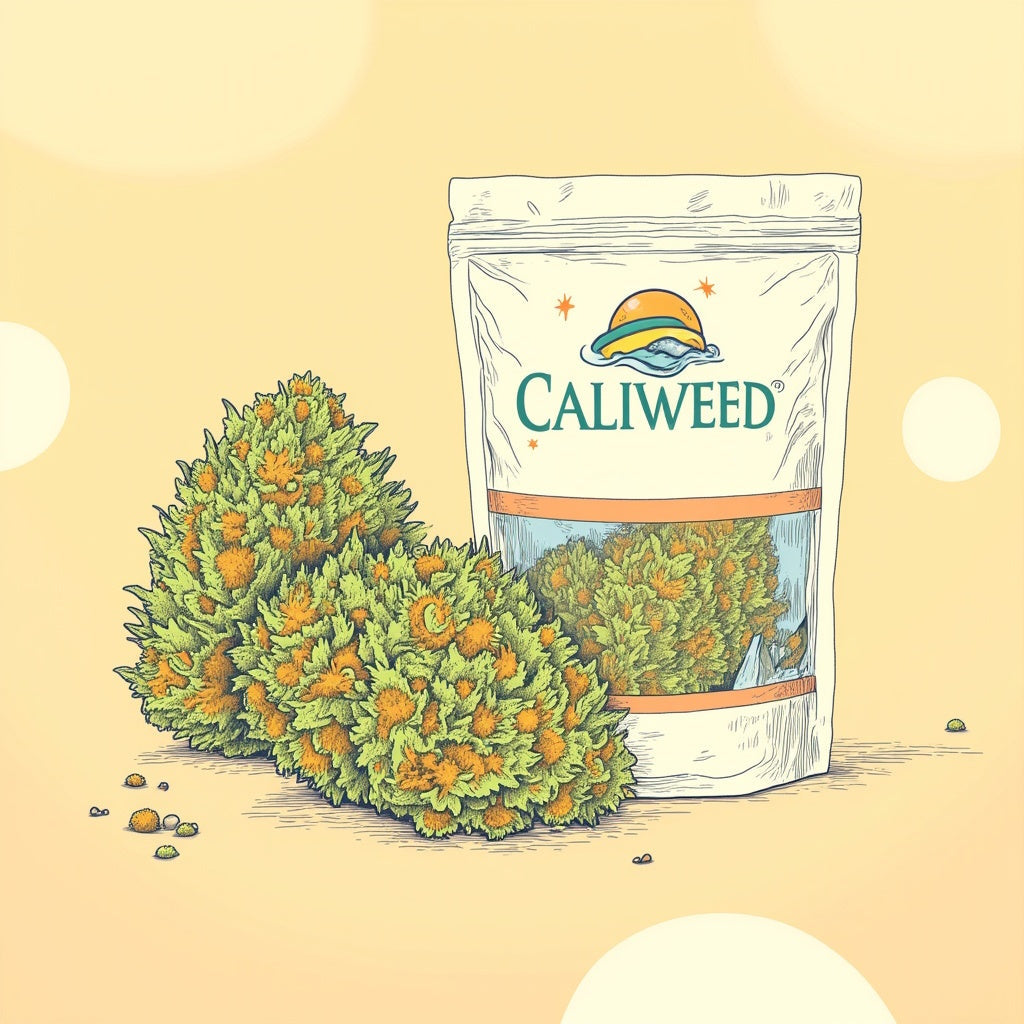CBD herbal teas
Discover our selection of the best organic CBD teas and organic CBD herbal teas to consume without moderation!
CBD herbal teas
CBD herbal tea: Organic CBD infusion
Since the dawn of time, herbal teas and infusions have been recognized for their multiple benefits! They allow you to hydrate, drain toxins present in your body and above all, benefit from the active ingredients of the plants contained in your herbal teas. CBD herbal teas will be excellent partners for your evenings and your detox by limiting your intake of caffeine or theine. Combined with CBD flowers, CBD infusions will soothe you effectively.
CBD Tea: Organic Green Tea with CBD
Green tea has been known for thousands of years for its medicinal properties and its many benefits: natural antioxidant, fat burner, blood sugar regulator, anti-inflammatory effects, antidepressant, reduction of mental fatigue and increase in attention and concentration, etc. Combined with CBD, CBD green tea is a perfect natural anti-stress.
Rooibos CBD: Organic Rooibos Infusion with CBD
Originally from South Africa, Rooibos does not contain caffeine! This red tea is therefore a real ally for your evenings and nights. Combined with CBD, Rooibos CBD multiplies the benefits for our body thanks to its high natural antioxidant content and its preventive and soothing properties for our digestive system.
CBD Mate: Organic Mate Tea with CBD
Originally from South America, mate is an ancestral traditional drink consumed by the people of Paraguay and Brazil for centuries. Mate is known for its many benefits: intellectual stimulant without excitability, anti-fatigue, superfood thanks to its many antioxidants and vitamins, etc. Mate has a higher caffeine content than tea but lower than coffee. Combined with CBD, CBD Maté will stimulate you without exciting you!
CBD Tea: Organic Black Tea with CBD
The difference between green tea and black tea is related to the processing of the tea leaves. It is during the processing stage that black tea is oxidized and fermented. It then obtains its brown color and its excellent flavors. Black tea is rich in antioxidants (polyphenols) and helps prevent cardiovascular diseases. It is also an excellent brain stimulant that combines wonderfully with CBD.
Learn more about CBD Herbal Teas
How to consume your CBD herbal tea?
How much CBD herbal tea should I use?
For the dosage of CBD teas, herbal teas and infusions, add 2 grams of your CBD herbal tea per cup of water heated to a temperature of 80 or 85 degrees. The infusion time should be 7 to 10 minutes.
Extraction and assimilation of CBD
We recommend adding a fatty substance to boiling water such as whole milk, vegetable oil (coconut for example), cream, or CBD oil to facilitate the extraction and assimilation of cannabinoids and particularly CBD. Indeed, CBD is soluble only in fatty substances.
Choose organic CBD herbal teas
First of all, you should know that it is preferable to consume organic teas and infusions (from organic farming). This is why all the infusions, herbal teas and teas that we offer are from organic farming.
How to prepare your CBD herbal tea?
There are three methods of preparation for herbal drinks: infusion, decoction and maceration.
CBD herbal tea infusion
This is the best known and most used method! We bring liquid (water or vegetable/animal milk) to a temperature more or less close to boiling and then pour it over the CBD herbal tea (or CBD tea or CBD infusion). Then, we must let it "infuse" for a few minutes.
Little tip: Cover your preparation, then before tasting, let the droplets that have formed on the lid fall on it because they contain a lot of active ingredients that have escaped in the water vapor. Also avoid plastic lids.
If you want to sweeten your infusion, use honey instead, which will also bring you its benefits (the temperature of the infusion should not be too high, as honey loses its properties with heat).
CBD herbal tea decoction
Soak the CBD herbal tea in boiling water for a few minutes, then remove from the heat.
Maceration of CBD herbal tea
Leave the plants to soak (to "macerate") in cold water for several hours (depending on your needs, oil can be used instead of water). This gives what is called a "macerate".
How to store your CBD herbal teas?
Tea bags and infusions should be stored away from light, in a dry place and in a temperate place (maximum 25ºC).
The history of infusion
Man has been using plants in his diet and medication since the dawn of time. In 2737 BC, the Emperor of China Shen Nung discovered the principle of infusion for tea. During the ancient period, in Mesopotamia and Egypt, infusions were also used.
It was not until the Middle Ages that the beneficial effects of plants on health were finally recognized. But during the Renaissance, with the progress of science and botany, the presence of active ingredients contained in plants was concretely discovered, attesting to their usefulness and therapeutic effectiveness.
The benefits of plants will nevertheless be abandoned in favor of medicines.

